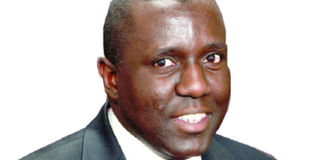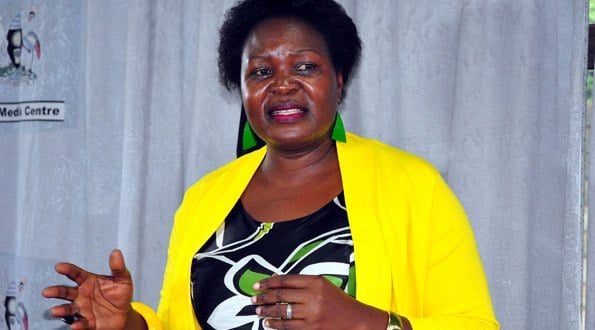Prime
School reopening in Uganda squeezed into global stories

What you need to know:
- School trips pad low occupancy seasons and drive traffic at malls. Big blue Stanbic and later Bank of Uganda expanded credit relief even though for some it was too late.Some schools like East High closed their doors.
The January 10 school reopening made big news.Uganda was on the front page of the grey lady, New York Times, which led with a story written by two journalists; one Ugandan, John Blanshe Musinguzi, narrating that Uganda’s school closure spanning nearly two years was the world’s longest Covid related school disruption.
The post-Christmas surge in Covid cases did little to dampen energy. Steady claps were heard in the financial sector. One credit analyst estimates that 40 percent of lending to SMEs is either to education or affiliated sectors; food, transport, supplies even entertainment. School trips pad low occupancy seasons and drive traffic at malls. Big blue Stanbic and later Bank of Uganda expanded credit relief even though for some it was too late.Some schools like East High closed their doors. Multi-national confectionary and biscuit maker Britannia squeezed by closure is now in bankruptcy proceedings a er failing to pay its flour supplier. The rise in fuel prices now linked to pile up of goods traffic at the border is pushing up prices of margin sensitive commodities like bread and household items. A number of products which have a petroleum base including synthetic fertilisers, additives, adhesives all went up in December.
Uganda’s Budget statement hit Parliament at the end of the year. A number of interesting stories are in the Budget.
First, there are signs that Umeme’s energy distributorship may not be renewed in 2025.Government is taking over the capital investments in power infrastructure to bring down the cost of electricity. Surging power demand in consumption corridors has laid to waste current 132 KV transmission lines which are associated with a high rate of power losses. Rationing three phase meters for industrial use has not helped as it only encourages a black market in electricity. Many key lines are in urgent need of upgrade to 220 KV, an investment that may not be achievable on the open mar- ket. In a miracle, government has taken over distribution of power to industrial parks. In- creasing power uptake is an emergency as Uganda generates surplus power but is not yet able to evacuate power from Isimba and other dams onto the national grid.
Coffee exports hit $781 million in the 12 months ending 2021. Exports are up 25 per- cent but receipts are up much higher on ac- count on scarcity because the rainfall systems did not perform well last year.
Globally, the last six years have been marked by rising temperatures and now 2020 when rains overwhelmed river banks and disrupt- ed inland marine transport looks to have been an exception. Ugandan policy makers are staring at a smaller resource envelope. A Shs2 trillion reduction in the budget actually means draconian cuts to non-essential expenditure. Out of the Shs43 trillion budget envelope, Shs20 trillion is in debt repayment and another Shs9 trillion are to the defence, national security and classified cluster. The much awaited MTN IPO failed to cheer financial markets and MTN’s share price closed 2021 lower than its IPO price.
On the global stage, British Prime Minister Boris Johnson may have lost some of his magic to Covid anger a er news broke of a number of boozy parties at Number 10 Downing Street. Little sympathy for the Prime Minister, himself a Covid-19 survivor. The Australians already under the strictest Covid-19 regime deported Tennis World Number 1 Novak Djokovic partly because he was unvaccinated, partly for failure to disclose a prior positive Covid test and sentimentally because of expressing anti-vaccine sentiments in 2020. In France, President Ma- cron is promising grief for anti-vaxxers. Chi- na is not selling any tickets to the 2022 Winter Olympics expected to give their slow- ing economy a boost. Economic growth fell sharply in the last quarter of 2021 piercing the real estate bubble.
2022 promises big changes.Everyone is negotiating.The Russians are negotiating with the Americans and Europeans over Ukraine. The Iranians are negotiating with the Americans, Russians,Chinese and Europe over reviving the 2015 Nuclear deal. The regime in Tehran is more hardline but is framing the nuclear deal as a necessity, stating that Islam does not allow use of nuclear weapons. Farther east, the North Koreans have already set of three missile launches. North Korea is starting to explore a more commercial economy building on its IT-acumen and ability to farm out some industry from the wealthier- congested south. In 1950, North Korea ended up with the territory and South Korea with the population.
Mr Ssemogerere is an Attorney-At-Law and an Advocate.




